As Building’s many health and safety blunder photos show, the UK’s construction sites remain hairy old places to work. What has changed is that the CDM regulations are about to put more responsibility for policing them on the employer. Katie Puckett finds out just how much – and how five large clients are planning to meet the challenge
What you need to know
CDM stands for Construction (Design and Management) and the new rules take effect on 6 April. The headline change is that health and safety is now the client’s responsibility and they can’t delegate it to an agent. Their new duties include the following:
- For every project, the client has to check the competence and resources of appointees and ensure there are suitable management arrangements for the project.
- They must give contractors “sufficient” time to plan for hazards before starting on site, and provide pre-construction information to designers and contractors.
- The threshold for notifying the Health and Safety Executive (HSE) of projects has changed. It used to be projects with more than five people on site or that were expected to take more than 500 man days; now it’s more than 30 days duration or 500 man days on site. This will probably mean that fewer projects will be over the threshold.
- For projects over the threshold, clients have to provide “suitable welfare facilities” and a construction phase plan before work can start. They must also retain a copy of the health and safety file.
- On notifiable projects, planning supervisors are no more – they’re now called CDM co-ordinators. There is a higher minimum standard of qualifications and experience, and they must get involved earlier in the planning stage.
WHAT THE CLIENTS SAY …
Mike Abel
Head of construction health and safety, Asda
We currently employ an outside company to do 85% of the client’s agent tasks. Now there’s no client’s agent, we’ll take responsibility in these areas, but we’ll be employing Faber Maunsell to do a similar job – for example, checking competencies and completing notifications to the HSE. So it’s under a different name but we’ll carry on using an external provider to deliver health and safety support.
We’re very supportive of the new health and safety co-ordinator role. The planning supervisor job has effectively moved up the food chain and is now a more fundamental part of the team, so we’re looking forward to having them involved in the project earlier.
We already provide extensive welfare facilities – drying rooms, canteens – in our tender documents, so that won’t affect us very much. As for the period for planning before projects hit site, we already have an eight-to-12-week period for detailed design and procurement, so hopefully that won’t affect too many sites.
Robin Cawthorne
Chief safety adviser, Defence Estates
Making sure we get in-house people to run projects is going to cause us a bit of a headache. We’ve had a cultural change in Defence Estates where we’ve moved from being eyes-on, hands-off to getting a bit more involved, making sure that somebody co-ordinates the design and makes sure the work is done.
We do maintenance work that involves five or more people but takes less than 30 days and is low risk. We had to have a planning supervisor, principal contractor and pre-construction phase plan. Now we’ll only need a safety management programme.
We’ve always done competence checking. What will be novel will be our assessment of contractors and consultants. It’ll be up to us to question them to make sure we’re satisfied.
The planning supervisor was part of the contractor role, so for the CDM co-ordinator we’ll be appointing the same contractor.
Terry Bane
Project director, Thames Water
The new regulations are just a slightly different way of complying with base EU regulations – it’s more of an administrative change.
Thames Water has always dealt with CDM as a corporate entity, rather than having a named individual fulfilling the CDM role. Our planning supervisors for particular jobs are normally the project managers, but represent the whole of our expertise.
The new CDM co-ordinator role sounds like something out of Hans Christian Anderson – you’d be lucky to find anyone with such highly specialised qualifications and experience. We’ll continue to do it as a corporate body, and the project manager will act as a facilitator to bring together expertise from designers, the construction team and our internal health and safety specialists. I don’t think we’ll need to train large numbers of people.
Matthew Midwood
Head of construction, McDonald’s
We’re plotting our way through it, but there’s not much information to go on. We’re five weeks away from the change but there’s still no formally approved code of practice – only a draft.
And the regulations only went before Parliament last week – it would have helped if they had been released much earlier.
Our construction team went on a course in mid-January based on the information we know. Now any construction work we carry out will come under the CDM regulations. We don’t just procure work at a development department level, where people are trained to deal with these regulations – we’ve also got store managers procuring building work, as minor decoration jobs come under the new regs. It’s our duty to give them these capabilities. We’re working out how we do this, for example by giving them a copy of the health and safety file. It’s unreasonable to expect a store manager to know all about the CDM regs so we’re trying to design a one-page guide.
Kieran McDaid
Assistant director for building projects, Imperial College
Clients now have to ensure there are adequate welfare facilities on site – drying rooms, changing rooms, lunch facilities. We’d already created a central facility on our South Kensington site, but now we’ve repeated this at Hammersmith, where we’ve got £35-40m worth of work planned.
We previously had four or five planning supervisor companies, but we’ve lost two in the past year because of skills shortages. People have gone to other firms and they haven’t been replaced. A lot of these guys are going to rebrand themselves as CDM co-ordinators overnight. It’s the client’s obligation to check CDM co-ordinators are competent, so I’ve got to test for my own satisfaction, rather than relying on the industry, which is difficult.
Now it’s the client’s obligation to ensure planning supervisors are appointed at an early stage, but that’s open to interpretation. We’re going to appoint them at the end of RIBA stage AB, or the start of stage C.
Postscript
For the latest health and safety news and updates, log on to www.building.co.uk/healthandsafety



















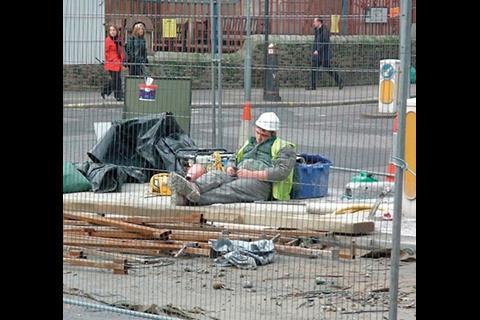


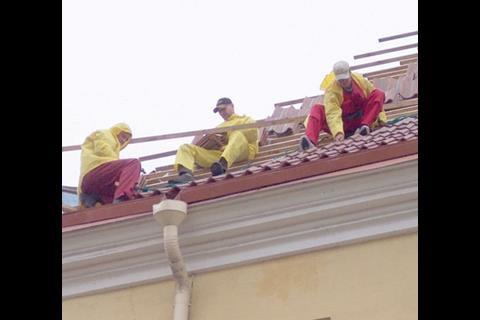
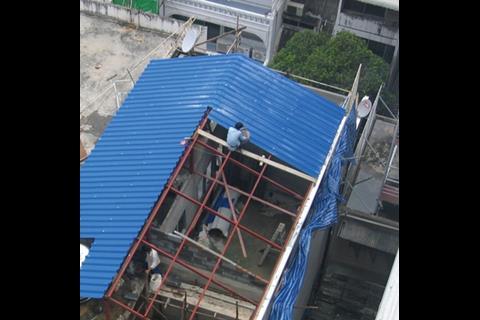


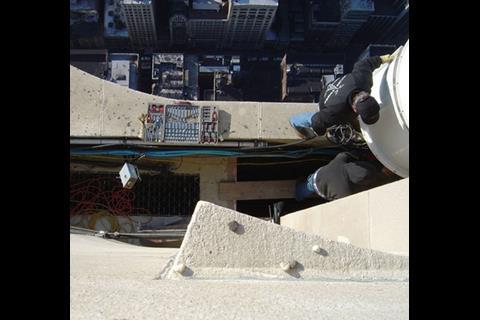
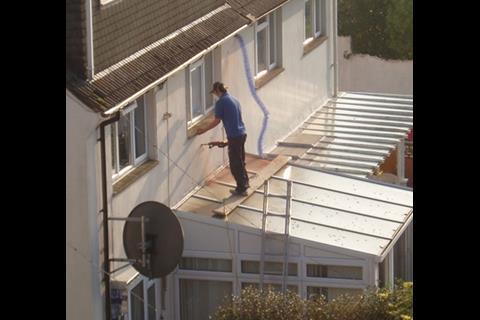
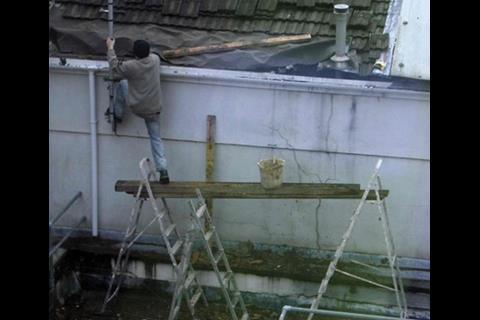
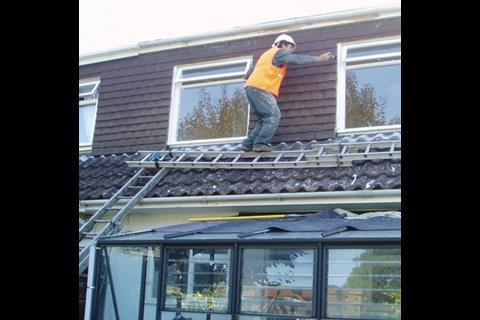
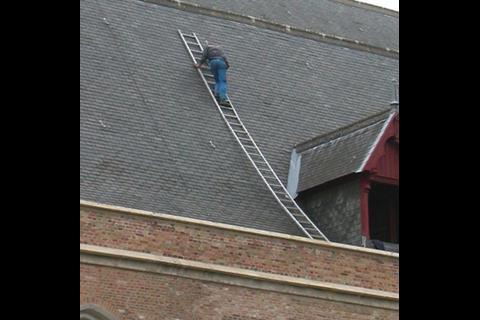
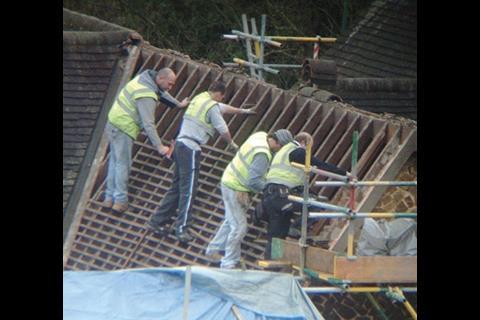
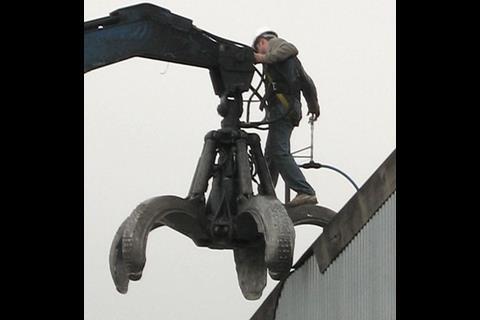








2 Readers' comments